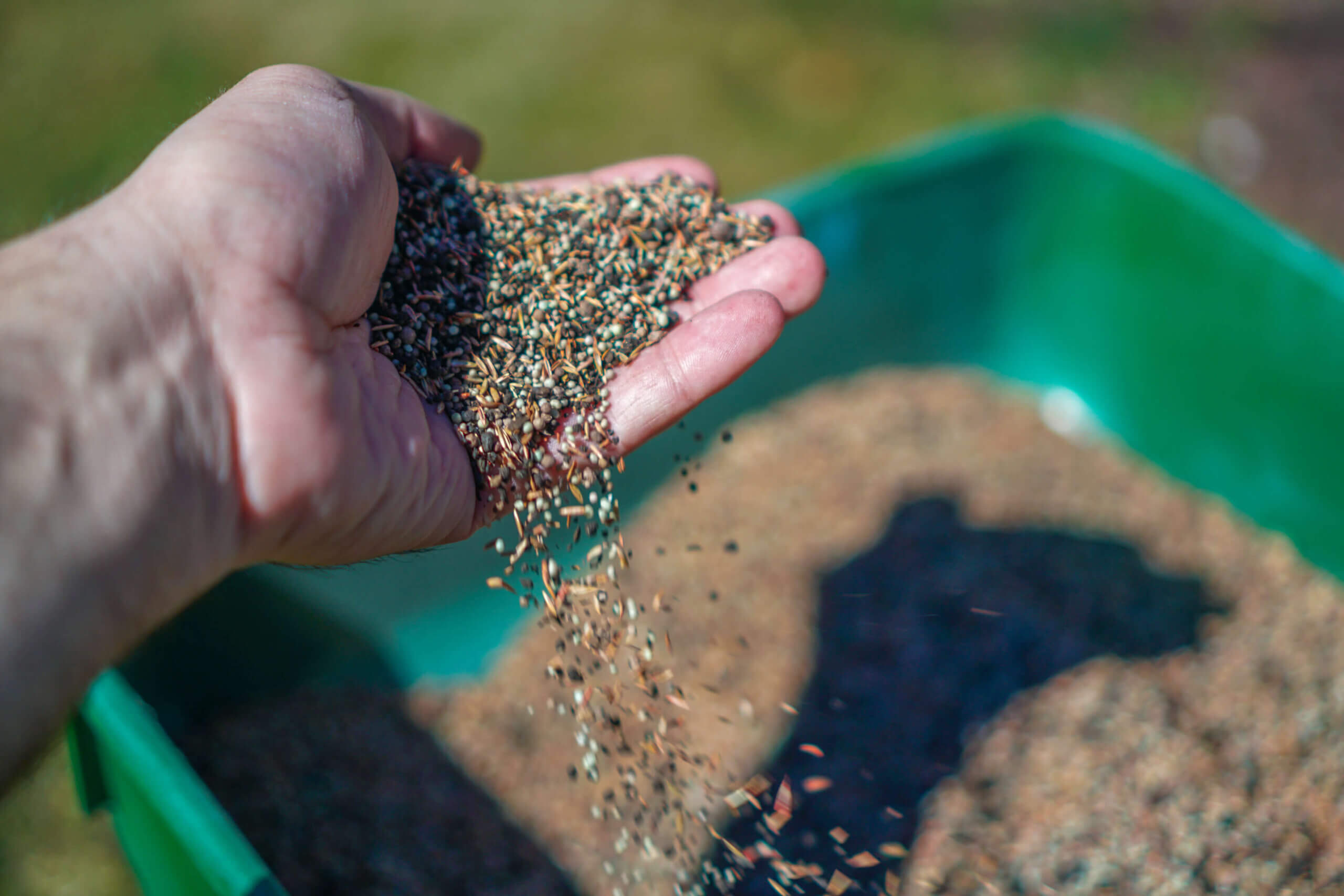
Fertilizer and Your Florida Lawn
Maintaining a lush, green lawn over the years can be challenging in the Florida climate. Though the weather is fairly humid and moist, it can also get incredibly hot, which can be hard on your grass. To help keep your lawn at its best, you’ll likely need to fertilize from time to time. However, with so many fertilizer styles on the market today, you may have difficulty choosing the best one for your needs. Read on to learn all about fertilizer and how it works so you can make smart choices for your Florida lawn care.
Start with a Soil Test
Before you select a fertilizer, you’ll need to determine your soil composition. Soil naturally contains a variety of nutrients your lawn needs. It is important to keep the various nutrient levels in the appropriate balance. Phosphorus, for example, often naturally occurs in the soil here in Florida, so you may not need to add any more with your fertilizer. Look for a fertilizer that will enhance the nutrient levels you are lacking while not adding to those that are already abundant.
Consider Alternative Lawn Issues
If your soil nutrient content is relatively robust, you may not need to use fertilizer at all. Before you start fertilizing, be sure to check for lawn pests that could be damaging your grass. It is also a good idea to verify that you are watering your lawn enough. Disease can also cause dry, bare patches in your lawn, and you’ll need to treat any disease before using fertilizer. Once you have eliminated any other possible issues, you’ll know that it really is time to fertilize.
Evaluate How Much Fertilizer You Need
There is generally no need to fertilize healthy areas of your lawn; not only is this a waste of money, time and fertilizer, but it also increases the likelihood of chemicals reaching the groundwater. You should only be applying fertilizer to areas where the soil nutrients could use a boost.
Choose Your Fertilizer
Once you know which ingredients you are looking for and that your lawn truly needs to be fertilized, you can begin to narrow down your fertilizer options. In addition to the specific nutrients they contain, fertilizers can also be broken down further by the type of grass it is designed for. Be sure to carefully examine each fertilizer you are considering to ensure you find the most appropriate variety for your lawn’s needs.
Fertilize at the Right Time of Year
To prevent any chemicals in fertilizer from leaching into the groundwater, it is crucial that you only fertilize when your lawn truly needs it. For most grass types, this means avoiding the use of fertilizer during the winter. Many grass species go dormant in the winter, meaning that the grass is not actively growing. Instead, you should fertilize during the growing seasons, particularly spring and summer.
Keep an Eye on the Weather Forecast
We get plenty of rain here in Florida, and tropical storms are common during the summer and fall. It is best to avoid fertilizing if you are expecting rain in your area over the next 24 to 48 hours. Heavy rains can wash away the fertilizer, preventing your grass from getting the nutrients it needs. Wait until there are a few days of sunny skies instead to give your lawn plenty of time to soak up the nutrients.
Follow Any Local Restrictions
Some localities in Florida have restrictions in place regarding the use of fertilizers, so it is important to verify the specific guidelines in your area. To avoid fines and other possible repercussions, you’ll need to use the right fertilizer type and composition, and apply it in the appropriate amount to comply with local regulations. Don’t forget to follow watering restrictions as well.
Fill in Any Bare Patches with Fresh Sod
After fertilizing, if there are still bare, dry areas in your lawn, you may need to replace it with new sod. The experts here at Duda Sod will be more than happy to help. Whether you are looking for St. Augustine, Bahia, Zoysia, Floratam, or any other grass variety that grows well in Florida, we can help you keep your lawn at its best. Contact our team today to get started.